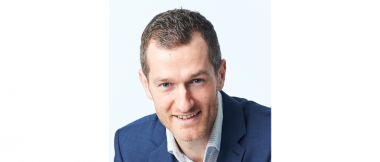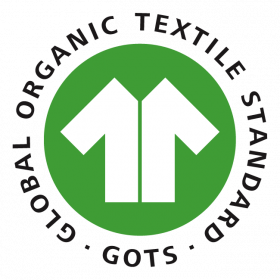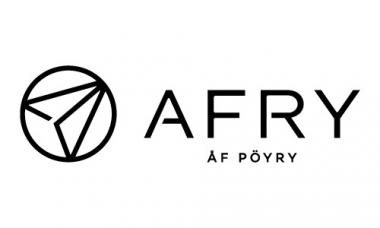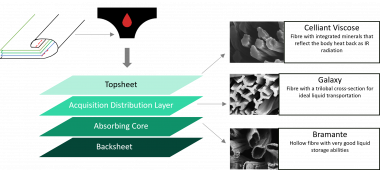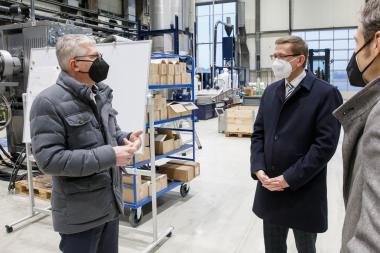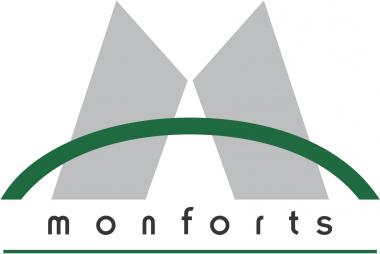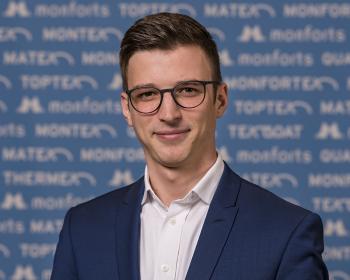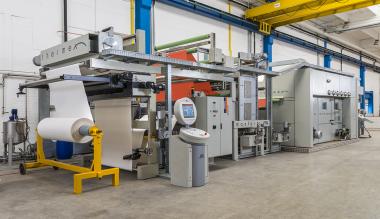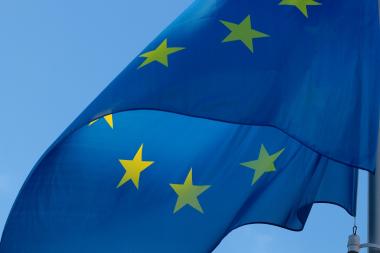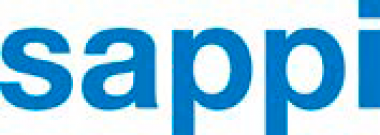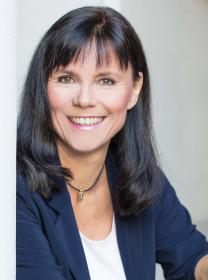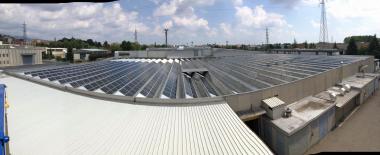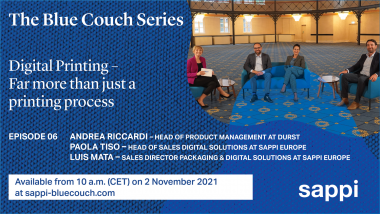Murat Dogru joins EDANA as Deputy General Manager
- In a meeting dedicated to reviewing the association’s 2021 figures, validating ambitious projects, and preparing for the future, beyond this year’s final celebrations of its 50th Anniversary, the Board of EDANA appointed Mr Murat Dogru as Deputy General Manager.
The governors also confirmed that Murat will take over from Pierre Wiertz as General Manager, from 1st July 2022 onwards. Pierre will then officially retire after 18 years in this position and a 39 year long career at EDANA.
Mr. Dogru, 42 years old, holds an MSc in Advertising and Communications and has over 10 years of association management experience through various management consultancy positions within MCI, following 5 years as advertising sales executive for The Economist. He is fluent in English and French, with an excellent command of Arabic and Turkish.
“My experience in association management, from technology sectors to healthcare, via societies of engineers, researchers and medical doctors, has brought me a drive and passion for responding to members’ needs in fast-moving environments”, said Dogru. “I am very much looking forward to learning from the EDANA member companies and the expert staff and building on the great assets and strengths of the association, to lead it through the turbulent times facing the industry, with raw materials, energy and transportation costs, as well as regulatory and sustainability challenges”, he added.
The EDANA Board also validated several ambitious projects in the areas of product stewardship, standardisation, sustainability, and advocacy, and was presented with a report on record membership levels (+31% in 3 years), and on the excellent success of EDANA’S training courses, publications and events in 2021, including INDEX™ 20 last October.
EDANA.


